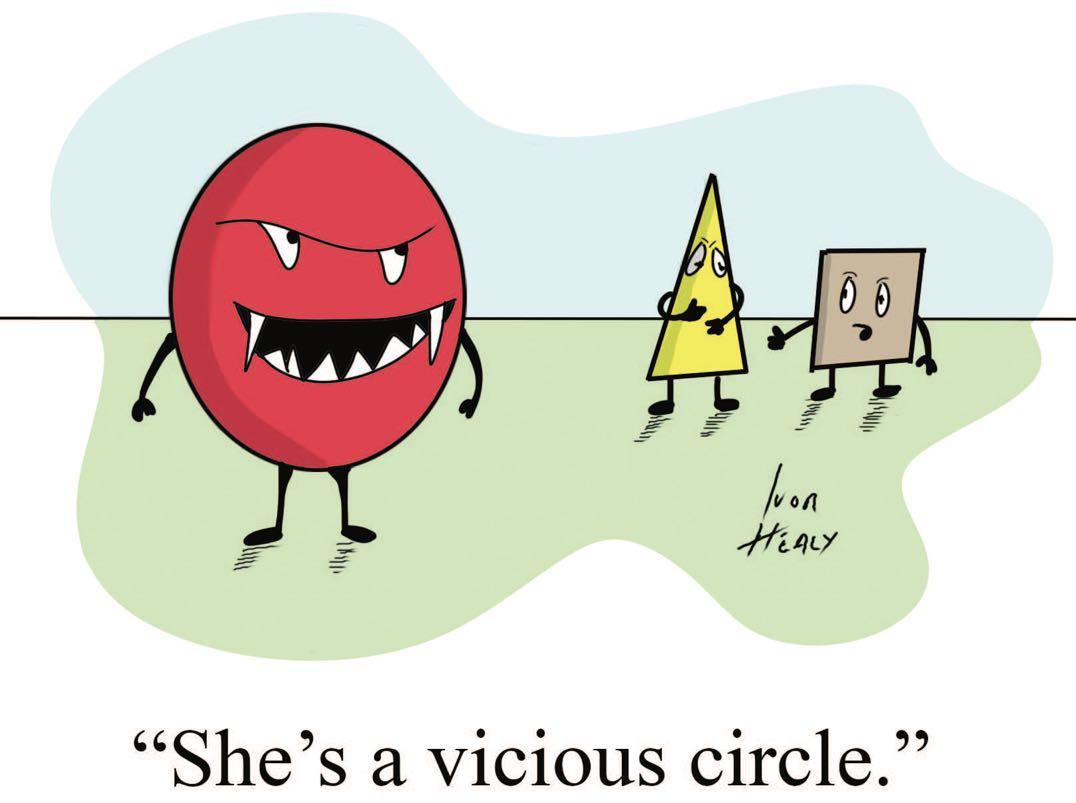
Mathematics is mysterious. By this I don't just mean that there are many difficult, unsolved mathematical questions. I mean instead that mathematics itself, as a subject, and as an activity, is mysterious. Our familiarity with elementary mathematics sometimes lets us lose sight of this. This is probably a good thing most of the time. Reflecting on the nature of mathematics is no aid to mathematical problem-solving. But doing mathematics is one thing, understanding the nature of mathematics is another. The first task is mathematical, the second philosophical.
Why is mathematics mysterious? Because it is difficult to see how mathematics fits into our picture of the world. Mathematics concern specific truths and falsehoods: it is true that 1+1=2 and it is false that 1+1=3. It is also true that there is an empty set (a set of things with nothing in it), and false that some sets are members of themselves. These are truths and falsehoods in arithmetic and set theory respectively, which are branches of pure mathematics. Pure mathematics contrasts with applied mathematics, as in applied to the physical world. There are questions about how mathematics manages to apply to the world in all of the unexpected ways it does. The physicist Eugene Wigner famously said that mathematics was 'unreasonably' effective at applying to the world. However, the puzzles I am raising here are even more basic; they concern the most fundamental aspects of pure mathematics itself.
Esta historia es de la edición August/September 2023 de Philosophy Now.
Comience su prueba gratuita de Magzter GOLD de 7 días para acceder a miles de historias premium seleccionadas y a más de 9,000 revistas y periódicos.
Ya eres suscriptor ? Conectar
Esta historia es de la edición August/September 2023 de Philosophy Now.
Comience su prueba gratuita de Magzter GOLD de 7 días para acceder a miles de historias premium seleccionadas y a más de 9,000 revistas y periódicos.
Ya eres suscriptor? Conectar

Metaphors & Creativity
Ignacio Gonzalez-Martinez has a flash of inspiration about the role metaphors play in creative thought.

Medieval Islam & the Nature of God
Musa Mumtaz meditates on two maverick medieval Muslim metaphysicians.

Robert Stern
talks with AmirAli Maleki about philosophy in general, and Kant and Hegel in particular.

Volney (1757-1820)
John P. Irish travels the path of a revolutionary mind.

IT'S A WONDERFUL LIFE
Becky Lee Meadows considers questions of guilt, innocence, and despair in this classic Christmas movie.

"I refute it thus"
Raymond Tallis kicks immaterialism into touch.

Cave Girl Principles
Larry Chan takes us back to the dawn of thought.

A God of Limited Power
Philip Goff grasps hold of the problem of evil and comes up with a novel solution.

A Critique of Pure Atheism
Andrew Likoudis questions the basis of some popular atheist arguments.

Exploring Atheism
Amrit Pathak gives us a run-down of the foundations of modern atheism.